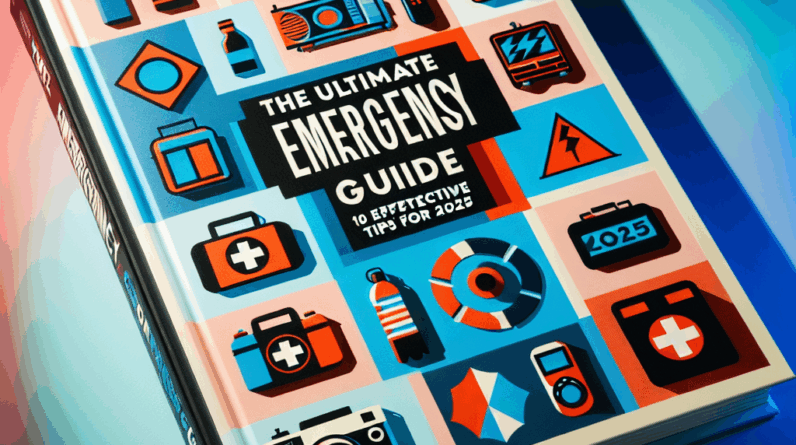Ensuring your electronic devices are safeguarded during emergencies can save you not only money but also a lot of stress. Here’s how to keep your electronics safe when disaster strikes.
Invest in Quality Surge Protectors
Understanding the role of surge protectors is crucial. These devices are essential for protecting your electronics from voltage spikes typically associated with power outages and lightning strikes. It’s vital to choose a surge protector that has a high joule rating, as this indicates how much energy it can absorb before failing. Don’t just go for the cheapest option; consider it an investment in the protection of your expensive electronics. Also, ensure the surge protector has indicator lights to show it’s working correctly, and don’t overlook the need for larger protectors for appliances like refrigerators.
Placement Matters
Where you place your surge protector is just as important as having one. Avoid hiding them behind furniture where they can be hard to reach or check. Place them on a flat, dry surface to prevent any water damage, and keep the area around them tidy to avoid dust buildup, which can impair their functionality. Organize and secure cords to prevent accidents that could damage your electronics.
Regular Testing
Test your surge protectors regularly to ensure they are functional. Many come with test buttons; use them to check effectiveness. If they don’t have a test button, inspect them visually for any damage or wear like frayed cords or a burnt smell. It’s important to replace your surge protectors periodically to maintain their effectiveness.
Create a Safe Charging Station
Centralize Your Devices
Having a central charging station for your electronics can greatly reduce disorganization and ensure all devices are charged and ready in case of an emergency. This setup not only helps in keeping track of your devices but also makes it easier to grab them quickly if needed.
Use Battery Backup
Invest in a good quality Uninterruptible Power Supply (UPS) to keep critical devices running during a power outage. Test the UPS regularly to confirm it’s in working order and understand how long it will last during an outage.
Secure Your Cords
Keep cords organized and check them for damage regularly. Using rated cords for specific devices and replacing them if they show signs of wear can prevent potential hazards.
Regular Backups: A Must!
Choose Your Backup Method
Regularly backing up your data is essential. Decide whether cloud storage, external hard drives, or both best meet your needs. Set up automated backups to protect your files without needing to remember to do it manually.
Organizing Your Data
Keep your data well-organized and consider scanning important documents for digital storage. This helps in quick retrieval and secures your information against physical damage.
Schedule Regular Backups
Mark your calendar to back up your data regularly. This habit ensures you are always prepared for unforeseen events.
Keep Informed About Alerts
Sign Up for Alerts
Stay ahead of emergencies by subscribing to alert services that provide real-time notifications about severe weather or other emergencies.
Follow Local News Sources
Local news sources can be invaluable during emergencies for up-to-date, relevant information. Make use of their digital platforms for instant updates.
Social Media Watch
Use social media wisely by following reliable sources for emergency updates. Be discerning to avoid misinformation.
Create a Disaster Plan
Outline Your Needs
Prepare a detailed list of essential electronics and their accessories that you need to grab in an emergency. Share and practice the plan with your family to ensure everyone knows what to do.
Communication Plan
Establish a clear communication strategy for your household for use during emergencies, including backup options if standard methods fail.
Regular Reviews and Drills
Regularly review and practice your emergency plan to keep it effective and ensure everyone knows their role.
FAQ
1. What type of surge protector should I buy?
Choose a surge protector with a high joule rating and indicator lights to ensure it’s providing protection.
2. How often should I back up my data?
Back up your data at least weekly, more often if you handle sensitive information.
3. What should I keep in my disaster plan?
Include a list of essential electronics, chargers, and a communication strategy.
4. How can I stay updated during emergencies?
Subscribe to alert services, follow local news, and use social media for updates.
5. What’s a good way to organize my cords?
Use cord organizers and clips, and regularly check cords for any damage.




